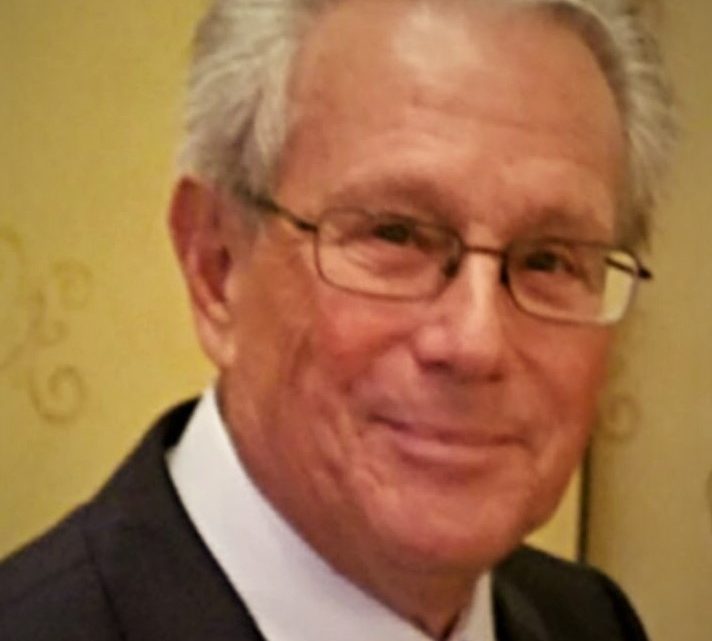Know Your Legal Rights / Can I Legally Install a Hidden Nanny Cam? – Part II
by Barry E Krischer
Last month we answered the question, Can I legally install a hidden Nanny Cam without disclosing its existence? The answer is “yes.” There is no prohibition against video monitoring that is covert. So long as you’re not infringing on the other person’s personal rights to privacy, as explained in Part I of this article, “yes” nanny cams are legal.
BUT… it was also noted that there is a landmine waiting out there when using these surveillance cameras. Most, if not all, record conversation, and while recording video is legal, audio recording in Florida is complicated, serious, and subject to criminal sanctions.
Florida Statute 934.06 is entitled, “Prohibition of use as evidence of intercepted wire or oral communications,” and provides, “Whenever any wire or oral communication has been intercepted, no part of the contents of such communication and no evidence derived therefrom may be received in evidence in any trial, hearing, or other proceeding in or before any court, grand jury, department, officer, agency, regulatory body, legislative committee, or other authority of the state, or a political subdivision thereof, if the disclosure of that information would be in violation of this chapter. The prohibition of use as evidence provided in this section does not apply in cases of prosecution for criminal interception in violation of the provisions of this chapter.”
A violation of this statute is a felony. This includes, by the very wording of the statute, intercepting, i.e. recording or attempting to record, a wire, i.e. telephone conversation, or any other oral communication. The Florida law is so strict that it prohibits any illegally recorded conversation from being used in any court proceeding. However, it is lawful for law enforcement agents to record communications pursuant to a lawful police investigation. Further, police may authorize a person to record a conversation without notifying the parties to the conversation of the recording in an effort to acquire evidence of criminal wrong doing. The District Court has ruled that when a person is authorized by a law enforcement officer to record a telephone conversation, the officer does not need to personally monitor the person’s actions. The court ruled that the statute requires police authorization not supervision.
Simply put, Florida is a “two party consent” state, which means that it is illegal to record a conversation unless all parties to that communication have given their consent to be recorded. There are exceptions to this rule. It is not uncommon for a business to advise at the outset that their telephone call is being recorded for “quality control.” In this manner a recording may be made which complies with Florida law. Very often a business will post a notice, “this business is under 24-hour video and audio surveillance.” Under those circumstances, an individual does not have a reasonable expectation of privacy and the recording is lawful. People need to be aware that the things they say can be recorded and later used against them. For this very reason the Florida law offers some protection by requiring someone who wants to record a conversation to notify the other person and get their knowing consent.
There are obvious limitation to the Florida law. An “oral communication” under the law is one that is made with the expectation that it would remain private and not be recorded or heard publicly. In other words, comments made at a public meeting, or a conversation on a crowded bus, do not enjoy a reasonable expectation of privacy. They can be recorded without the person’s knowledge and consent because it is obviously not a private conversation. On the other hand, a private conversation with another person in your home or office would likely be considered private and could not be recorded without the other person’s consent.
If you “intercept,” i.e. record, a conversation Florida law requires that you advise all the parties to that communication that you are doing so. Which is the crux of the problem. Most nanny cams, video recorders, simultaneously record sounds. Prior to purchasing such a device, it would be wise to clarify its capabilities; and wiser still to stay away from those with a voice recorder.
Editor’s Note: Barry Krischer has been a criminal law practitioner for 48 years. He served as State Attorney in Palm Beach County from 1992 – 2008. He currently volunteers at the Palm Beach County Sheriff’s Office, Legal Affairs Unit, and regularly provides in-service training to law enforcement officers. He can be reached at [email protected].
[livemarket market_name="KONK Life LiveMarket" limit=3 category=“” show_signup=0 show_more=0]






No Comment